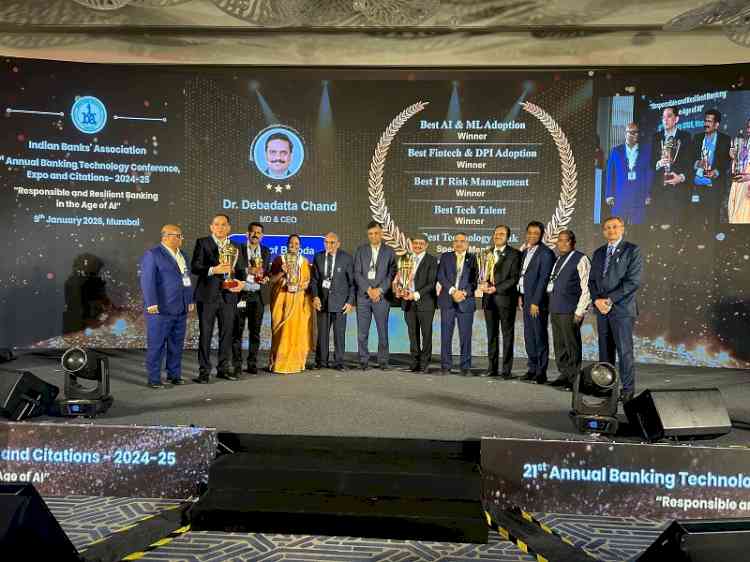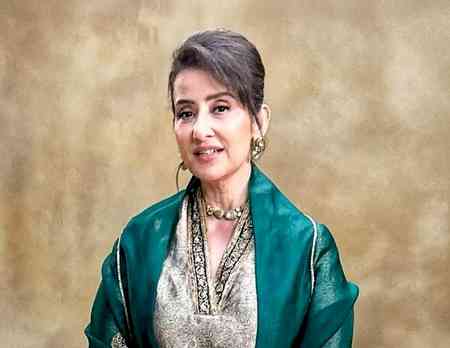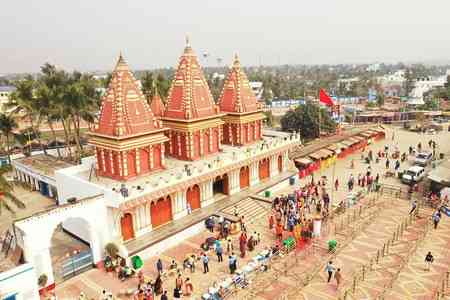Debjyoti Das Highlights Charitable Tax Simplifications in New Income Tax Act, 2025 at PHDCCI Seminar
The PHD Chamber of Commerce and Industry’s Direct Taxes Committee recently hosted a crucial interactive session on the taxation of charitable institutions and exempt entities, featuring Debjyoti Das, Principal Chief Commissioner of Income Tax, as the Chief Guest. Shri Das delivered a comprehensive keynote address highlighting major reforms in the Indian income tax framework, specifically addressing longstanding challenges faced by charitable organizations under the current Income-tax Act, 1961, and the transformative promise of the upcoming Income-tax Act, 2025.

New Delhi, November 25, 2025: The PHD Chamber of Commerce and Industry’s Direct Taxes Committee recently hosted a crucial interactive session on the taxation of charitable institutions and exempt entities, featuring Debjyoti Das, Principal Chief Commissioner of Income Tax, as the Chief Guest. Shri Das delivered a comprehensive keynote address highlighting major reforms in the Indian income tax framework, specifically addressing longstanding challenges faced by charitable organizations under the current Income-tax Act, 1961, and the transformative promise of the upcoming Income-tax Act, 2025.
Debjyoti Das, Principal Chief Commissioner of Income Tax, began by candidly acknowledging that the Income-tax Act, 1961, having evolved over more than six decades from its 1922 predecessor, had become increasingly complex and fragmented, particularly with regard to exemption provisions such as Section 12A. He pointed out that shifting provisos, scattered clauses, and repeated piecemeal amendments had created a web of procedural and interpretative difficulties, often leading to frustration for taxpayers, tax professionals, and officers alike. Notably, tax audit requirements were highlighted as a significant pain point due to their complexity, subjective certifications, and compliance costs.
The Principal Chief Commissioner of Income tax brought encouraging news about the enactment of the Income-tax Act, 2025, effective from April 1, 2026, which promises a simplified, cohesive, and user-friendly legal framework. He emphasized that the new Act consolidates and restructures provisions to improve logical flow and reduce the volume of sections and wording by nearly half, while retaining the substance and principles that ensure tax certainty. Shri Das affirmed that the simplification was a deliberate choice reflecting the government’s vision to move away from complicated colonial-era laws towards a modern, accessible statute that embodies clarity and ease of compliance. Further, Shri Das elaborated on the revamped registration and renewal regime for charitable trusts under Section 12A and Section 80G, transitioning from a once-and-for-all perpetual registration towards a system requiring registration every 5 or 10 years depending on the size of the entity. This change aims to improve oversight, update records, and prevent misuse while streamlining renewal processes with risk-based review focused on genuinely suspicious cases. He reassured attendees that efforts are underway to ease procedural hassles related to registration, and late filing of tax audit reports, reflecting the department’s commitment to balancing oversight with facilitation.
Mukul Bagla, Chair, Direct Taxes Committee, PHDCCI, provided an insightful overview of recent regulatory tightening affecting NGOs to enhance transparency and accountability. He highlighted digitization efforts such as mandatory filing of Form 10DD for donations under Section 80G and advocated technical improvements including auto-population of donor data in Form 26AS to ease return filing complications. Mr. Bagla remarked on the legislative reforms aligning corpus donations to normal donations under Section 11(5), curbing tax abuse potential. He also voiced stakeholders’ concerns about inconsistent timelines for filing Forms 10 and 9A, foreign travel expenditure exclusions under Section 11, and the expansive, resource-intensive scope of Forms 10B and 10BB certifications introduced recently- calling for practical adjustments to better match NGO realities and reduce litigation.
Pallavi Dinodia, Co-Chair, Direct Taxes Committee, PHDCCI, shared a personal reflection on her family’s historical contribution to India’s tax laws and the positive shift witnessed among charitable entities moving from a perpetual exemption mind set toward disciplined compliance and governance. She noted that these regulatory changes are fostering an ecosystem that supports India’s broad vision of development and formalization of the charitable sector.
Babeeta Sharma, Director of PHDCCI, celebrated the Chamber’s 120-year legacy as a steadfast promoter of Indian industry and trade. She lauded the chamber’s role in policy advocacy and fostering dialogue sectors such as the NGO and charitable sector. Ms. Sharma formally welcomed Shri Debjyoti Das, PCCIT underscoring his distinguished IRS career since 1990 with diverse national-level postings and reputed expertise, along with his broad intellectual and cultural interests, thereby setting the tone for an engaged and rounded discussion of exemption policies.
Accompanying Shri Das were senior Income Tax Department officials from the Exemptions division, including Prakash Dubey, Principal Commissioner of Income Tax and Satyanarayan Takhar and Abhinav Prakash, Additional Commissioner of Income Tax (Exemp) who also contributed technical perspectives and underscored the department’s “trust but verify” approach to oversight-leveraging risk-based scrutiny while working to simplify compliance for genuine charitable institutions.
This interactive seminar underscored the ongoing transformation of India’s income tax regime for exempt entities, signalling significant improvements in clarity, process efficiency, and regulatory oversight poised to benefit taxpayers and the department alike as the country transitions to the Income-tax Act, 2025.


 City Air News
City Air News 










